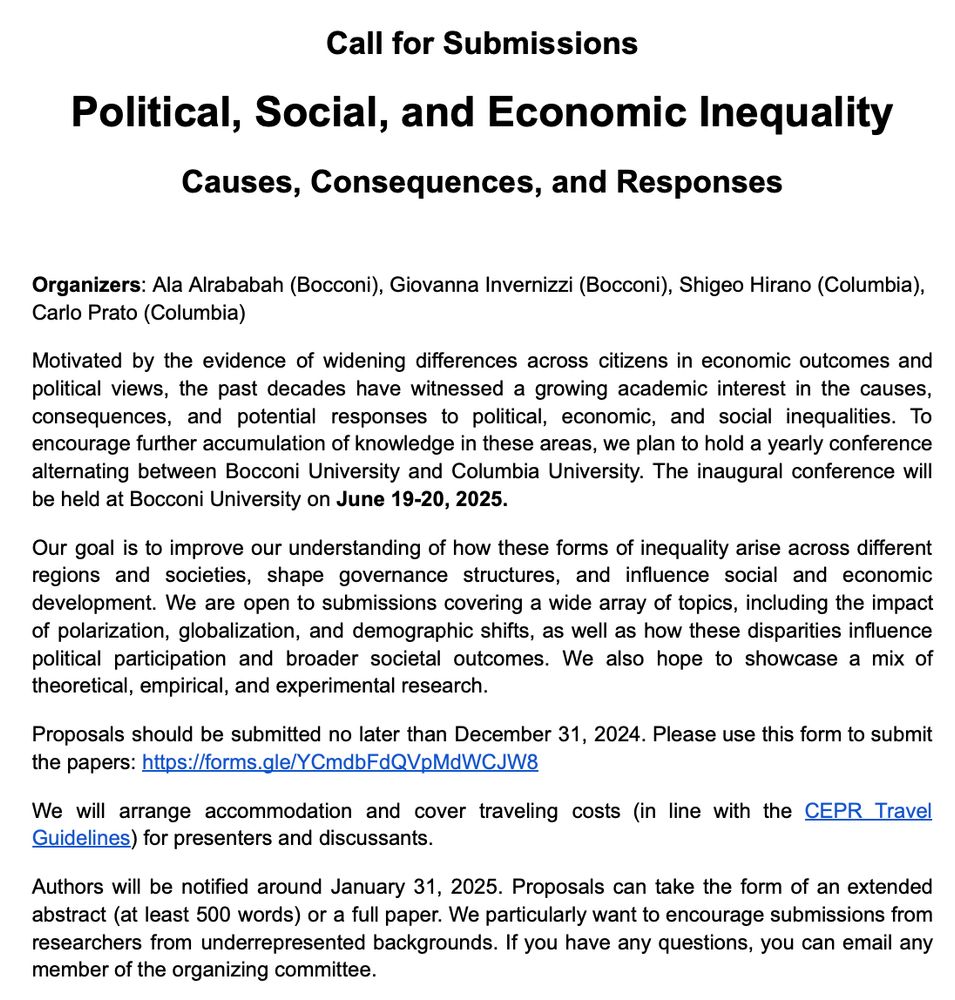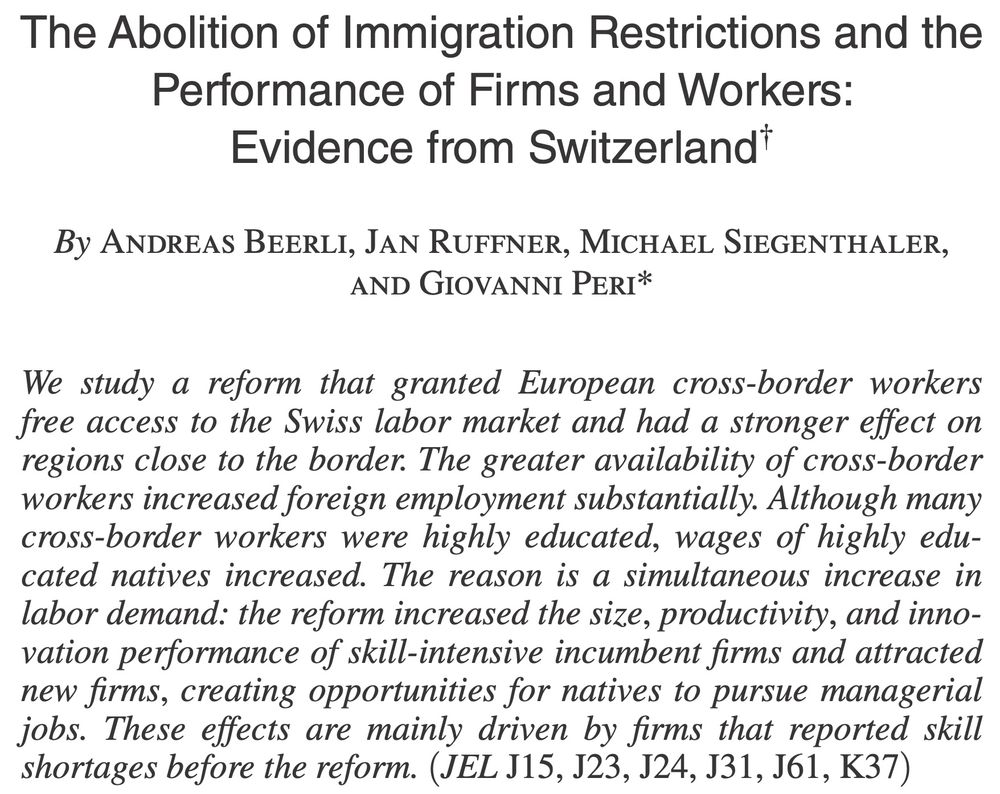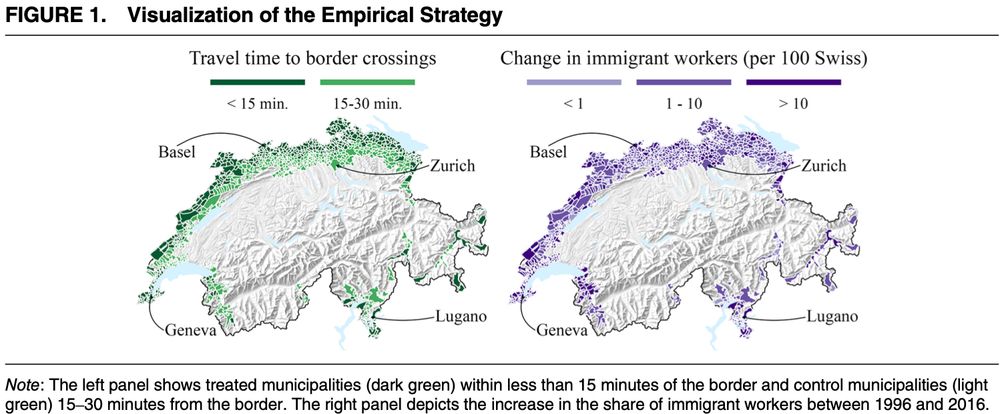


















Missing summer — and the Tour de France? Don’t worry, we got you covered. 🚴♂️🚴♂️🚴♂️
In this paper, we show that being on the route of Tour de France reduces far-right voting. osf.io/preprints/so...

Missing summer — and the Tour de France? Don’t worry, we got you covered. 🚴♂️🚴♂️🚴♂️
In this paper, we show that being on the route of Tour de France reduces far-right voting. osf.io/preprints/so...















